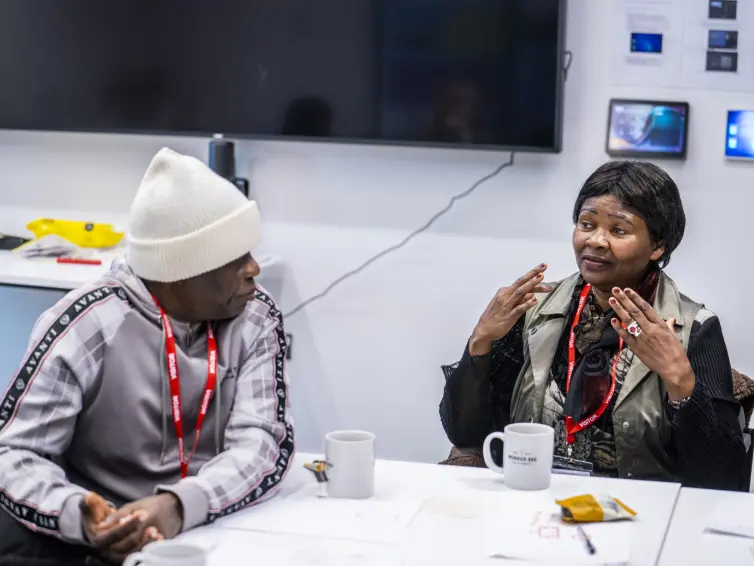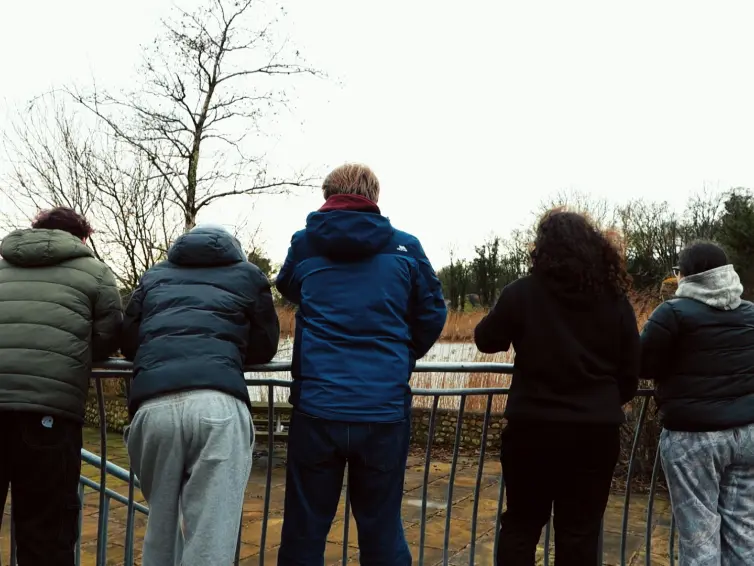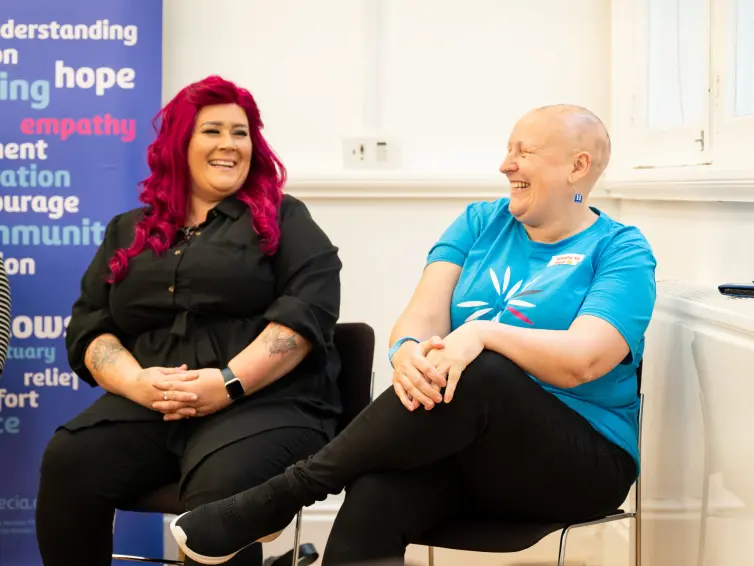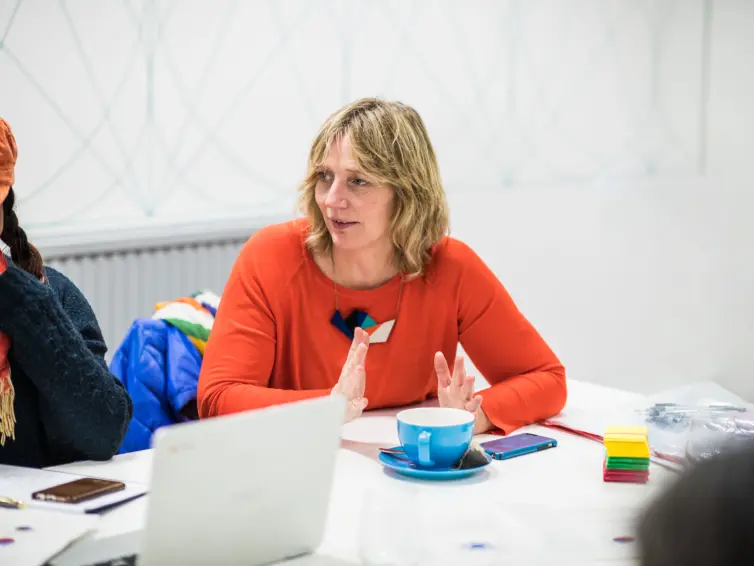The Community Cancer Insight Group
Listening to what communities need from cancer research
I feel my opinion was important and that I’m taking a part in something important and beneficial for people.
Group member
Ensuring that people who experience health inequalities have a say in the design of research is crucial to ensure that new research is relevant and inclusive. A key step towards this is building trust with communities. This means forming long-term relationships that are based on respect, honesty and working towards shared goals.
Following Cancer & Us: Community Conversations, we worked with local people in Gorton, Healthy Me Healthy Communities (HMHC), and researchers from the Cancer Prevention and Early Detection theme at the National Institute for Health and Care Research Manchester Biomedical Research Centre to explore how we could better embed community perspectives into research.
The initial step was a co-development meeting with 8 community members from diverse backgrounds where we discussed their views on the formation of a new group, the topics they would like to have a say about, how the group should run, and the support that they would need. They also chose the name - The Community Cancer Insight Group (C.C.I.G.). There are now 12 members with a range of lived experiences. The first activity was a visit to the Paterson Cancer Research Centre to talk to researchers about their work and see laboratory research in action.
[The visit was] a great way to break assumptions about research.
Group member
How does the group work?
Instead of focusing on specific research projects, the group discusses broad topics that they have prioritised such as ‘cancer risk’ or ‘preventing cancer’. Each meeting takes place at HMHC, starting with a whole group activity followed by focused smaller group discussions. Up to 4 researchers listen to the conversations, and feed back to the group what they have heard and how this will inform their research.
The C.C.I.G. are a lively and passionate group and want to share their views with researchers...I learnt a lot from the group.
Researcher
The summaries from the discussions are shared with C.C.I.G. members and discussed with the broader research community of 50 researchers with the aim of embedding the insights in a wide range of research projects.
They [the researchers] were informed about real situations and can make informed decisions in their research.
Group member

What difference has this made?
Researchers are starting to apply the group's insights including;
Recognising the importance of family and support networks for sharing information and making decisions about being part of research
Exploring inclusive and accessible actions that people can take to reduce their cancer risk
Communicating about research by focusing on personal stories, using social media and working more directly with community groups
Group discussions have also highlighted the impact of health inequalities on people’s ability to follow guidance about reducing their cancer risk.
It was interesting to know how cancer risk is viewed by different individuals based on their own personal and family experience. [...] A lot of the lifestyle modifications that are advocated by health professionals are actually not accessible to people who have lower income which increases health inequalities.
Researcher
The way that we design the sessions and share the group’s insights is continuing to evolve since the group started, and in response to input from public partners and researchers. We believe that this approach will help to shape research that’s guided by community insight, whilst also fostering long-term, collaborative relationships between researchers and people affected by health inequalities.
I feel uplifted after the session.
Group member
Interested in having your say in research? Find the right opportunity for you on our Opportunities page!


